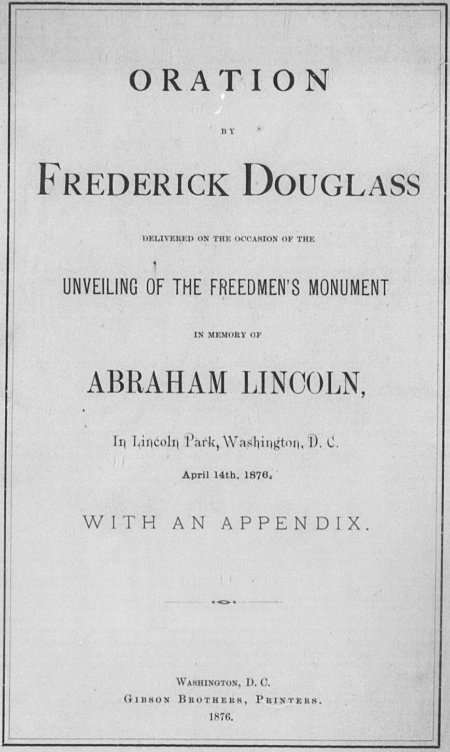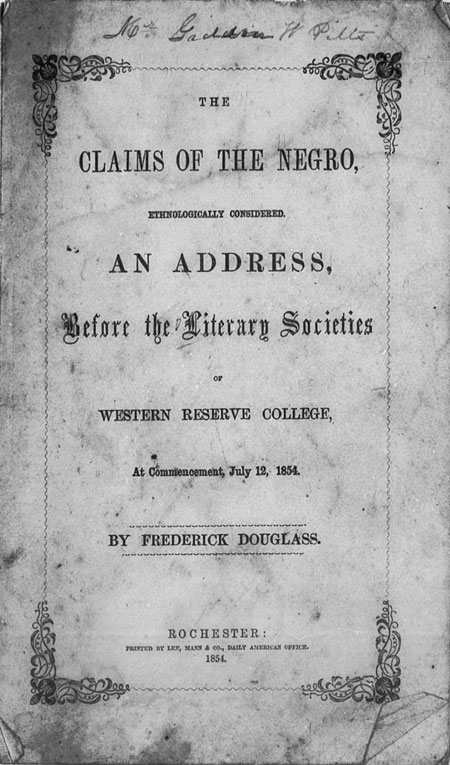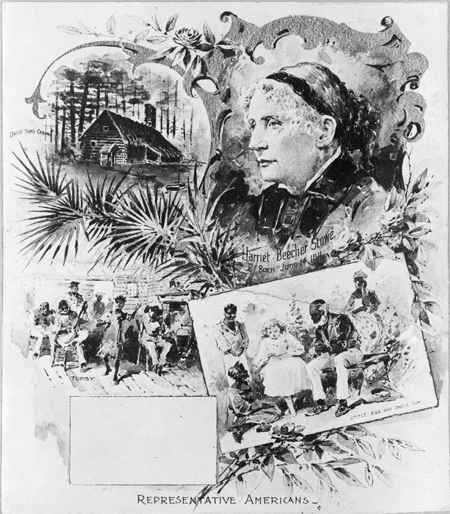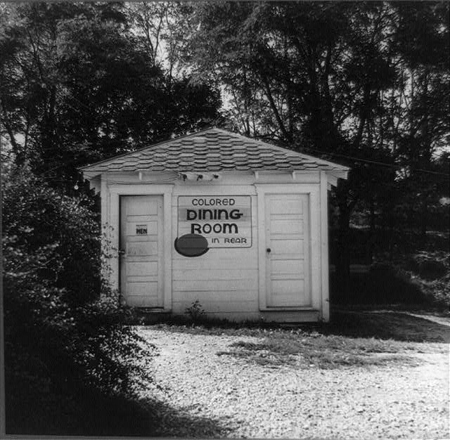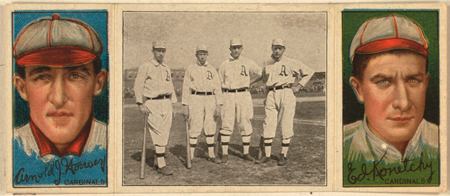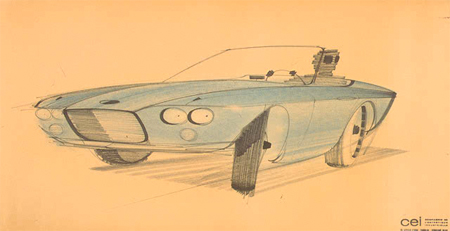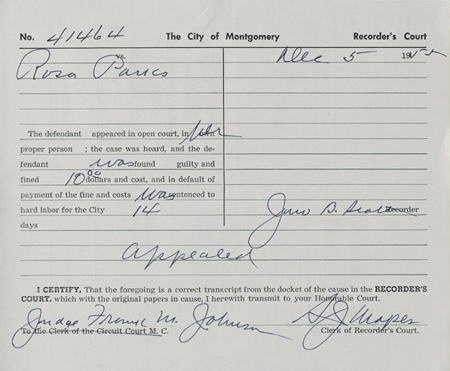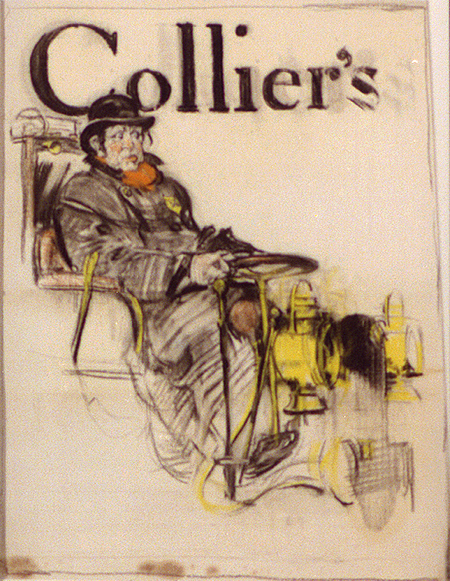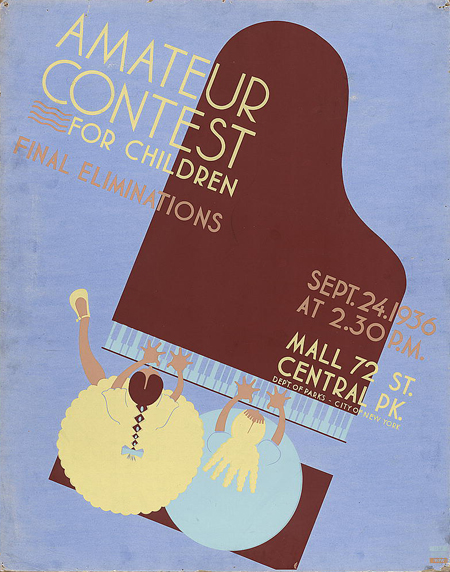Timely Connections: Frederick Douglass & the Emancipation Memorial
Amid calls for removal of the Emancipation Memorial, also called the Freedmen’s Monument, in Washington D.C. and a replica of it in Boston, Washington Post reporter DaNeen L. Brown considers the statue and takes a look back at a speech made by Frederick Douglass at the D.C. unveiling ceremony on April 14, 1876. In the speech, Douglass…

